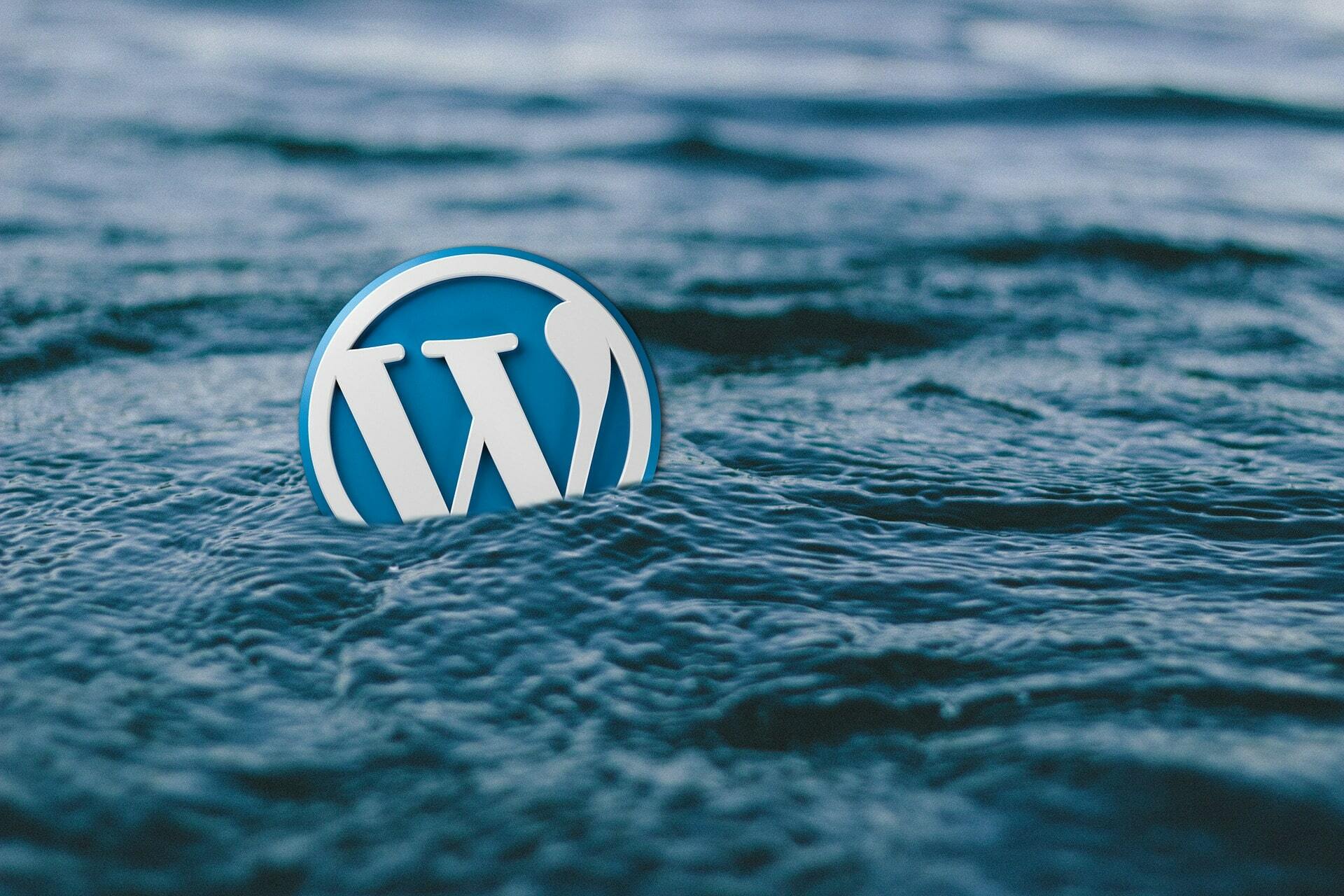
Automattic vs. WP Engine: A Timeline of the Controversy
WordPress powers over 40% of websites globally, making it by far the largest web hosting platform in the world. Recently, however, the company has been mired in controversy. An ongoing dispute between Automattic (WordPress’s parent company) and WP Engine (a prominent WordPress hosting provider) has now made its way to the courts, sending ripples through the WordPress community.
Contentions over the WordPress trademark, contributions to WordPress’s development, and alleged antitrust violations have all escalated into quite a controversy. Whether you’re a WordPress website owner or simply someone interested in what’s going on, we’ve got you covered with everything you need to know about the Automattic vs. WP Engine controversy.
Origins of the dispute
The conflict between Automattic and WP Engine is one that dates back several years, but the first shot fired took place in March 2024 when the CEO of Automattic, Matt Mullenweg, went public with his criticisms of WP Engine.
Mullenweg publicly criticized WP Engine for failing to adequately support WordPress development. A staunch advocate for open-source principles, Mullenweg stated that WP Engine benefits from WordPress’s success without giving enough back to the community that powers it. He also accused the hosting provider of disabling revision history to save costs—a move he described as violating the ethos of WordPress.
Automattic then went on to allege that WP Engine was guilty of trademark violations. The WordPress trademark is managed by a nonprofit organization called The WordPress Foundation, which prohibits its use in commercial branding. According to Automattic, WP Engine had been using the trademark in its marketing materials in a way that violated this prohibition.
Such vocal criticisms from someone who is the public face of WordPress sent shockwaves through the community and quickly created a lot of division. WP Engine soon responded by issuing a cease-and-desist letter, claiming its trademark usage fell under fair use principles. The letter also accused Mullenweg of threatening a “scorched earth” campaign. However, this letter only served to further escalate tensions between the two companies.
Escalation of trademark disputes
While the Automattic vs. WP Engine conflict may have begun with disagreements and criticism, the trademark dispute quickly became the conflict’s central issue. In response to the cease-and-desist letter from WP Engine, Automattic issued its own cease-and-desist letter, which accused WP Engine of breaching trademark rules and insisted that the company remove the trademark from all of its branding.
WP Engine did update its website and product names in response. However, Automattic remained unsatisfied with these changes, arguing that the updates only addressed surface-level concerns rather than fully adhering to WordPress trademark policies.
At this point, the conflict between the companies had escalated beyond a simple matter of compliance. Deep tensions over control, contributions, and competition within the WordPress ecosystem meant that neither company was going to let the issue go so easily.
Automattic’s actions and the fallout
One of the more controversial events of the Automattic vs. WP Engine controversy took place in June 2024 when Automattic launched a tool called WP Engine Tracker. This tool monitored and displayed domains leaving WP Engine and allowed users to download a database containing this data.
WP Engine Tracker was framed as a transparency tool, but highlighting WP Engine’s customer retention challenges was clearly its true aim. This move led to backlash within the WordPress community, with many arguing that it created an invasion of customer privacy.
Bans and restrictions
After launching WP Engine Tracker, Automattic then blocked WP Engine from accessing WordPress.org resources. This prevented WP Engine from accessing essential plugin and theme updates, a move that left the websites that WP Engine hosted extremely vulnerable; without access to plugin and theme updates, any website that used WP Engine’s hosting services would not be able to maintain strong WordPress security.
After a lot of public outcry, Automattic did eventually lift this ban. The company stated that the ban would be “temporarily” lifted, but it has not yet been reinstated, and WP Engine continues to have access to WordPress.org resources.
Recruitment and plugin takeover
As the conflict continued to escalate, Automattic continued to take actions designed to weaken WP Engine’s position within the WordPress ecosystem. Two notable moves included actively recruiting WP Engine employees and assuming control of one of its flagship products, the Advanced Custom Fields (ACF) plugin.
Automattic began heavily recruiting engineers, developers, and other key personnel working at WP Engine. This aggressive action was intended to not only provide Automattic with insights into WP Engine’s internal operations but also drain the company of its talent.
Next, Automattic took over control of the ACF plugin—one of the most widely used plugins in the entire WordPress ecosystem. The ACF plugin allows users to create custom fields for posts, pages, and other content on WordPress sites, and it was previously managed by WP Engine. This, yet again, resulted in a lot of public backlash against Automattic, with many decrying the move as an abuse of power that went against open-source principles.
Legal developments
As the conflicts between WP Engine and Automattic continued to escalate, it was only a matter of time before the dispute made its way to the courts. Here’s a timeline of the legal proceedings that have taken place so far:
Initial lawsuit
In October 2024, WP Engine filed a lawsuit against Automattic. The lawsuit alleged that Automattic was guilty of extortion, libel, and unfair competition. It cited Automattic’s demand for an 8% revenue share or equivalent contributions to WordPress development as unreasonable and accused the company of illegal practices designed to coerce WP Engine into compliance.
November 2024: Escalated legal claims
In November 2024, WP Engine filed a revised lawsuit that accused Automattic of violating antitrust laws under the Sherman Act, Lanham Act, and other frameworks. The revised lawsuit alleged that Automattic was guilty of engaging in monopolistic practices that harmed the WordPress ecosystem. WP Engine also claimed that Automattic’s actions led to customer losses and reputational harm. This harm was driven by public criticism and the WP Engine Tracker website, which actively encouraged customers to leave. The company incurred additional operational costs as it implemented costly workarounds to compensate for restricted access to WordPress.org resources. Furthermore, it lost control of key products like the ACF plugin, which further damaged its standing in the WordPress ecosystem.
Automattic’s defense
Automattic has denied all allegations from WP Engine and has called the lawsuits they’ve filed baseless. Automattic has justified its actions as an effort to protect the WordPress trademark and the WordPress community as a whole. The company also filed countersuits to dismiss WP Engine’s claims and oppose injunction requests.
Impact on the WordPress community
To an outside observer, the dispute between WP Engine and Automattic may seem like nothing more than a fight between two disgruntled companies. However, the conflict has had a sweeping impact on the WordPress community, sparking deep concerns about the governance and future of WordPress.
Divisions and backlash
Criticism of Automattic CEO Matt Mullenweg has grown in recent months, with more and more people accusing him of centralizing control over WordPress.org and compromising open-source project principles. Developers have expressed fears over how increased trademark enforcement could disrupt their operations without offering any real benefit in return.
Others, however, have defended Automattic’s actions, calling them necessary to prevent the unfair commercialization of the WordPress ecosystem. This has led to a lot of division within the community and continues to be a topic of intense debate.
Broader implications
The conflict between WP Engine and Automattic has given rise to a lot of questions about WordPress’s open-source integrity and Automattic’s growing dominance over the ecosystem. For WordPress contributors and commercial partners, the dispute could have far-reaching implications. Things like increased regulatory scrutiny, a loss of trust in the WordPress platform, and a fragmenting ecosystem are all possible outcomes that the dispute could eventually lead to.
Long-term considerations
The dispute between Automattic and WP Engine highlights the pressing need for clearer governance and more equitable management of WordPress trademarks and resources. Given WordPress’s exponential growth, questions about control over core elements like trademarks, plugins, and themes have become increasingly important.
For the platform to remain truly open-source, creating a structure that ensures fair participation from all contributors—whether they are individual developers or large corporations—must be a priority. Clearer guidelines on trademark use, resource management, and the role of commercial entities will be key moving forward. Without these frameworks, monopolistic behavior could stifle innovation and cause long-term harm to the WordPress community.
Lessons for the open source community
This ongoing saga highlights the importance of collaboration, transparency, and balanced governance in open-source projects. Ensuring open-source integrity requires balanced governance and contributions from all stakeholders, and figuring out how to achieve this will be vital to the future of WordPress.
At SiteLock, we are proud to play a key role in safeguarding the future of the WordPress ecosystem by developing WordPress security solutions that help website owners ensure the integrity of their sites. As the Automatic vs. WP Engine dispute continues to unfold, organizations like SiteLock can play a crucial role in protecting the trust and functionality of the WordPress ecosystem.
Learn more about SiteLock’s WordPress security service plans.
Image from Pixabay





